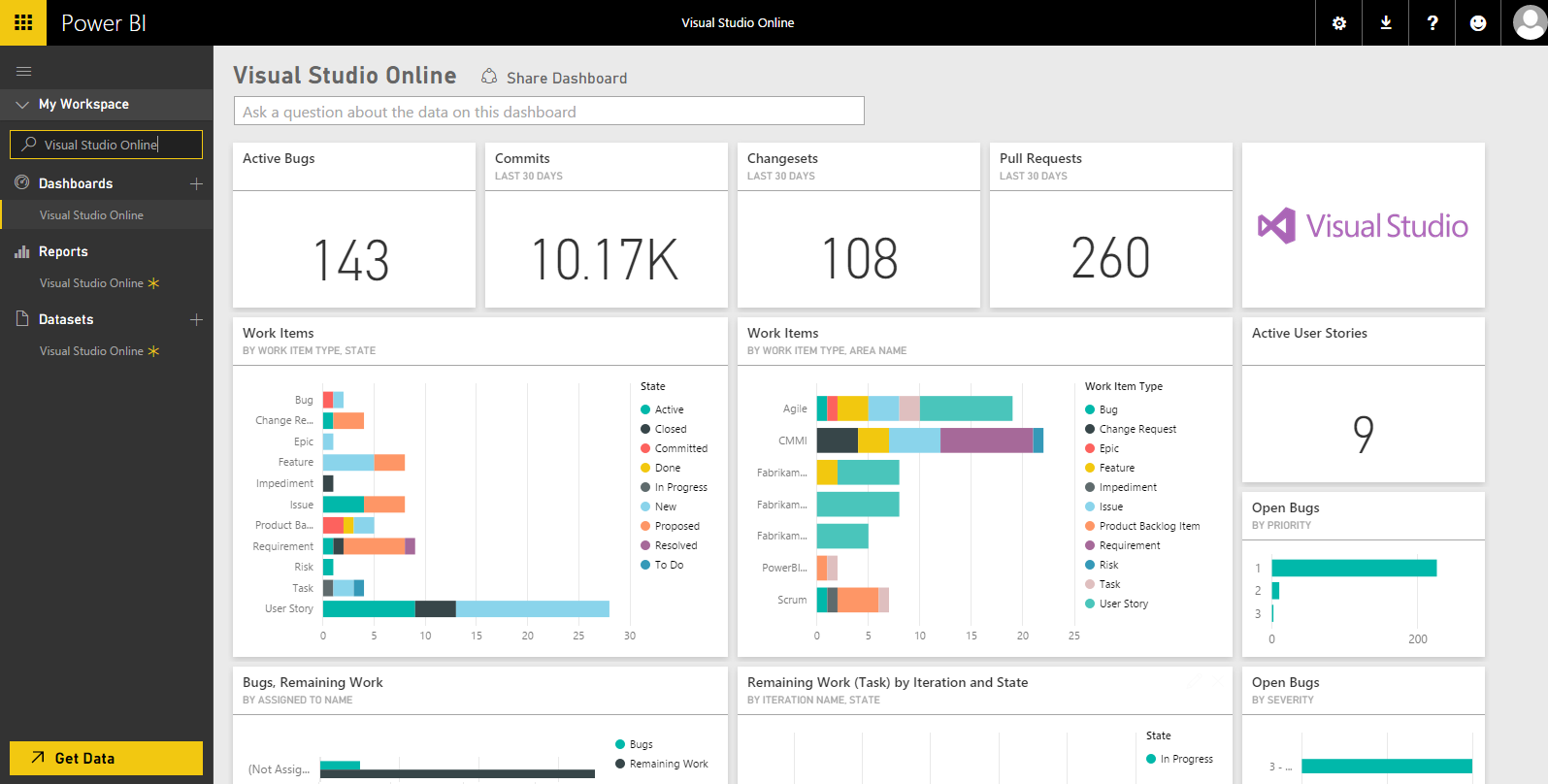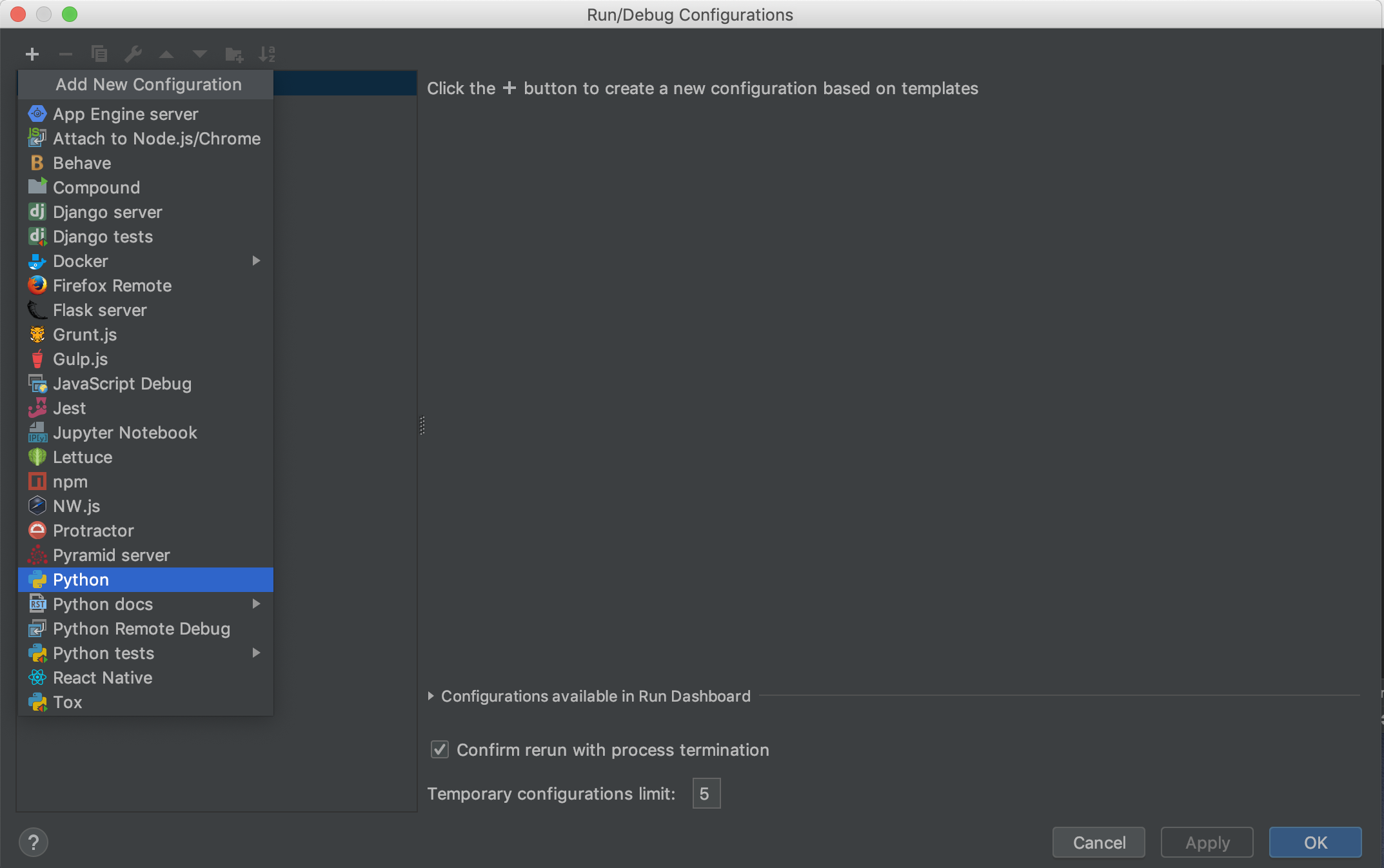When it comes to running a small business, one cannot underestimate the importance of having a strong digital presence. From a well-curated social media page that resonates with your target market to have a strong website and backend system that is able to perform optimally, there are a number of questions that come into mind about how to go about developing your system.
Before anything else, you need to establish what language you will be using. One of the most popular programming languages is python and ideally, for newbies and startups, you need to decide which IDE will be the best choice for you. Check this article to know which IDE is better in this comprehensive Microsoft Visual Studio vs Pycharm comparison.
What are Python and IDE?
Python is one of the most popular programming languages and, with that, comes a variety of options in terms of tools and code editing applications. These all come together in an integrated development environment (IDE) which provides a single user interface for different developer tools for application building. I
DEs facilitate greater efficiency, coordination, faster coding with considerably less effort. In layman’s terms, it is a consolidation of all the different aspects and activities related to program writing which includes editing source code, building executables, and debugging.
All these software are different, each with their own strengths and weaknesses and an ideal setting. The list is long but for the purpose of this review, this article will be focused on doing a Microsoft Visual Studio vs PyCharm comparison. These 2 platforms are some of the top IDEs that programmers use for Python development.
Introducing Microsoft Visual Studio

Microsoft Visual Studio is a platform that is compatible with app development on Android, iOS, web, cloud, Mac, and Windows. One of the reasons coders enjoying using Visual Studio is because its free and built on open source. It’s versatile, flexible, and full of editing features some of which include built-in Git support, and has over 10K extensions. With its cloud connectivity, programs are able to stay informed and updated and collaborate with colleagues and partners seamlessly without ever having to leave the editor platform.
Microsoft Visual Studio also boasts of IntelliSense code suggestions which helps you when you get “stuck.” Using light bulbs as a guide that suggestions actions like adding parameters or renaming a function, the system can flag potential issues allowing you to make quick improvements on your code as you go.
Lightweight code editing
What makes the Visual Studio different from some of its competition is the fact that it is a lightweight code editor making it ideal for small businesses and startups. It carries basic features like code formatting and highlighting but can be upgraded using extensions so it can be customized to do practically everything using Python and other programming languages.
This means that Visual Studio would likewise be able to support the needs of programmers who code in different languages but would also need to carefully consider what extensions each language needs to ensure they do not run in conflict with one another.
Strong community support
While it is not specifically geared for Python, those who need to code in Python can simply download the Python support extension plugin. It has a strong community where users can get support, it boasts of a wide range of extensions, support for popular languages and is customizable to suit your needs.
Cons to consider
In terms of disadvantages or areas of improvement for Visual Studio, for those who require Django support, this is not available. Given its modular setup, users would need to spend time crafting their system, and choosing from thousands of extensions may be daunting. Given its modular approach, it may be less suitable for Python projects that are larger and more complex.
Introducing PyCharm

PyCharm is another full-featured IDE capable of program development from code, built, test, all the ay to debugging Python applications. Built by Intellij, much like Visual Studio, PyCharm is able to do basic Python development and help programmers along with autocompleting, linkers, and suggestions. It’s a strong system that has advanced capabilities that are geared towards providing the needs of professional Python developers.
PyCharm for Python development, like Visual Studio, also caters to various types of users. It offers 3 licenses the first being the Apache-licensed PyCharm Community Edition which caters to people like data scientists. This is free and open-sourced and has basic features like autocomplete and syntax highlighting. Secondly, there is the Education edition which is offered free to use for both educators and students. It offers limited but specific features that are more intended for an academic and learning setting. The last license is the Professional edition, this has a suite full of features that more for businesses that need advanced features and capabilities. It supports multiple frameworks and already includes data management systems.
For Python developers and with Django support
PyCharm was created specifically for Python developers and with its Django support, out-of-the-box functionality, professional support by JetBrains, and compatibility with over 3,000 Intellij plugins, PyCharm is a highly rated Python IDE.
Cons to consider
One of the most notable downsides to PyCharm is given that it’s a heavy beast of a system amble do to professional programming and coding, it is known to dominate memory and CPU functions while running. The system consumes up to 1GB of memory a minute or it will automatically go on idle. For those who cannot afford to have their system lag or be down for even a moment, this may be something for you to consider.
Likewise, the system’s full professional edition requires investment and may not be that easy to use for first-time users and novices.
On Performance and Extensions
According to some Microsoft Visual Studio vs PyCharm comparison articles and review, in terms of performance, Visual Studio takes the lead. As a lightweight and easy to run IDE, the load time is significantly less and runs quickly. This is because Visual Studio took on a more modular approach meaning extensions and add-ons will only load when necessary or needed by developers.
Both systems carry an extensive library of extensions with the offering a varied functionality that enables users to bring in more features and services that will address their needs. For this, it really depends on what you need. If you are a purely Python language user, PyChar is tailored for that type of development but if you are using Python along with other languages and frameworks, Visual Studio Code allows you to be more flexible and depending on the project, it will enable the plugins needed for that task.
Choosing the Right Platform for You
Presented with the Microsoft Visual Studio vs PyCharm comparison above, it is good to note that both systems are open source and offer easy solutions that are compatible with all operating systems. A large part of the choice depends on your resources. PyCharm offers advanced tools but with a price tag for the full edition. On the other hand, Microsoft Visual Studio is a free option that offers somewhat less specialized functionality. Visit our mind mapping software research and other articles to learn more about what these systems and other technology have to offer.
A black and white answer cannot be provided for you. At the end of the day, the choice boils down to what your needs are and hopefully, this comparison article was able to shed some light on the pros and cons of each platform.
